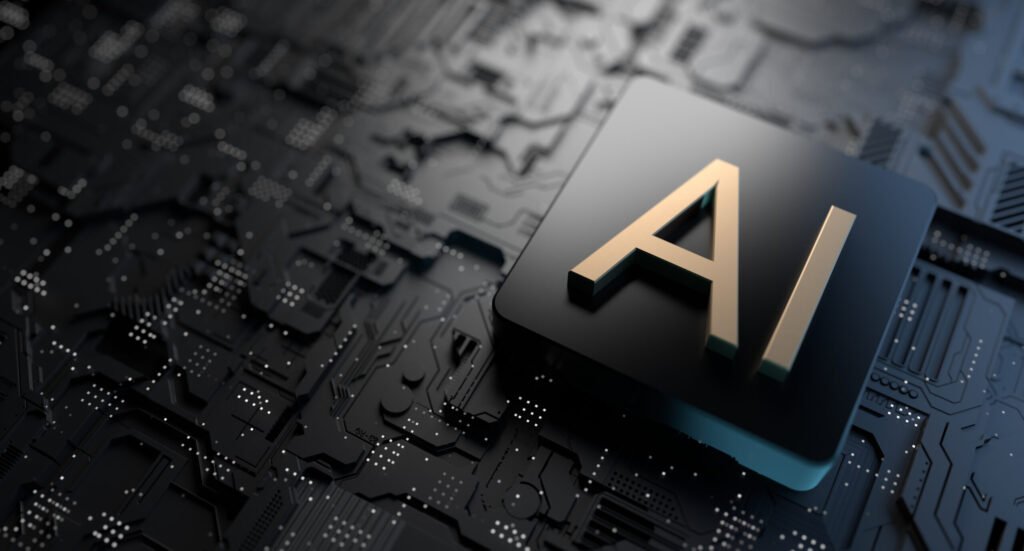Although AI is now in our cultural spotlight, its concept has existed for several decades. The term itself was created in 1956 at the Dartmouth Conference when researchers gathered to consider the possibility of machines that could replicate the human mind’s abilities.
The earliest work in this field occurred in the 1940s. It initially focused on exploring machines that could mimic organic thought processes. These efforts led to programmable computers, machine learning, and neural network concepts.
With advancements in computational power, AI stands on the brink of changing many aspects of daily life.
What Are the Ways That Artificial Intelligence is Changing the World?
AI is rapidly transforming the world in numerous ways, revolutionizing various industries, shaping societal dynamics, and positively impacting lives. Here is a closer look at some of the changes happening with this technology.
1. Healthcare Advancements
Artificial intelligence technologies help with medical imaging analysis, early disease detection, drug discovery, personalized medicine, and patient monitoring. The industry also uses AI-powered chatbots to help with customer support or entry-level advice in telehealth settings.
2. Industry Automation
AI automates tasks across industries, improves efficiency, and reduces human error. It is being used in manufacturing, logistics, customer service, and other sectors to streamline processes, increase productivity, and save costs.
3. Education and Learning Options
Artificial intelligence transforms educational industries by providing personalized learning experiences, adaptive assessments, intelligent tutoring systems, and automated grading. This technology is working toward making learning experiences more accessible to everyone while creating personalized experiences.
4. Reducing Environmental Impacts
AI is being used to address environmental challenges. It aids in climate modeling, resource management, precision agriculture, and wildlife conservation. Today’s best algorithms can optimize energy consumption, reduce waste, and support sustainable practices to minimize the adverse effects of higher average temperatures.
5. Cybersecurity Improvements and Responses
We can use artificial intelligence to detect and respond to cyber threats more effectively and efficiently. This technology does an excellent job of analyzing patterns, detecting anomalies, and preventing attacks. In return, businesses and individuals have more tools available to let them safeguard sensitive systems and information.
6. Natural Language Processing (NLP) Interactions
AI-based natural language processing has improved speech recognition, language translation, and chatbot interactions. Voice assistants like Siri, Alexa, and Google Assistant are becoming increasingly integrated into our lives, changing how we interact with technology. When we use these resources, we often treat the technology like another person, even to the extent of offering a “Thank You” once an answer is received.
7. Autonomous (Self-Driving) Vehicles
Our development of AI offers crucial opportunities in the development of self-driving vehicles. This technology enables a car to perceive its environment, make choices, and navigate roads safely. It has the potential to transform how we think about transportation, making it safer, more efficient, and less time intensive.
AI is changing the world in many positive ways. Although embracing this technology might require us to change how we do some things, the work toward a brighter future for all is already underway.
